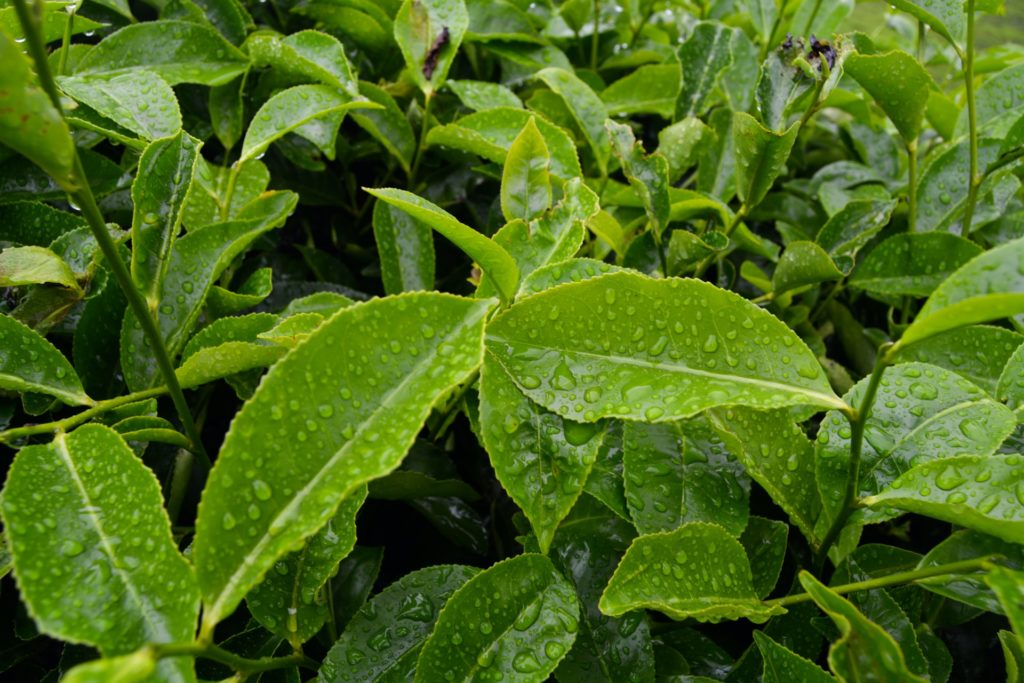Belgium’s first commercially home-grown tea is on its way, in the greenhouses of Raf Lombout, a grower of pot plants in Loenhout in Antwerp province.
Tea is a product of the plant Camellia sinensis, and what many people do not realise is that different sorts of tea – black, white, green – all come from exactly the same plant. The difference is in the treatment of the leaves after harvest.
The move into Belgium is part of the mission of Johan Jansen from Zundert in the Netherlands, a town that sits on the Belgian border south of Breda, some 10km from Loenhout.
Jansen was infected with the taste for cultivating tea 13 years ago during a trip to China, and it took him eight years to develop the skill to breed a type of C. sinensis that would survive the European winter.
“I imported 130 genetic types from all over the world and started cross-breeding and distributing,” Jansen explains.
The company has now been in production for two years and the Tea by Me tea bags are on the shelves of 650 Dutch supermarkets.
But the missionary quality of a man with a vision will not rest, and Jansen set out to spread the word, coming upon Raf Lombout, who grows amaryllis in his greenhouses for the pot-plant market.
Convinced by Jansen’s pitch, he has now set aside 2,000 square metres of his greenhouses for the growing of tea plants in tunnels, with the intention of growing more.
“We want to get used to cultivation in the coming years, but in time we would like to expand to one hectare of tunnels,” he said.
“Then we can, for example, use residual heat from the greenhouse in the tunnels.”
The first harvest is due in April. Only the top leaves are harvested, and the next harvest should follow in about six weeks, and so on until next winter, when growth slows down and almost stops.
The resulting tea will be marketed under Jansen’s LocalTea label, but the plan is to give it its own Belgian label later. The 60,000 plants already in place should be enough to produce 200,000 cups of tea.
Jansen, meanwhile, has plans to expand his operation to France and Germany next.
Alan Hope
The Brussels Times

